- News
- Reviews
- Bikes
- Accessories
- Accessories - misc
- Computer mounts
- Bags
- Bar ends
- Bike bags & cases
- Bottle cages
- Bottles
- Cameras
- Car racks
- Child seats
- Computers
- Glasses
- GPS units
- Helmets
- Lights - front
- Lights - rear
- Lights - sets
- Locks
- Mirrors
- Mudguards
- Racks
- Pumps & CO2 inflators
- Puncture kits
- Reflectives
- Smart watches
- Stands and racks
- Trailers
- Clothing
- Components
- Bar tape & grips
- Bottom brackets
- Brake & gear cables
- Brake & STI levers
- Brake pads & spares
- Brakes
- Cassettes & freewheels
- Chains
- Chainsets & chainrings
- Derailleurs - front
- Derailleurs - rear
- Forks
- Gear levers & shifters
- Groupsets
- Handlebars & extensions
- Headsets
- Hubs
- Inner tubes
- Pedals
- Quick releases & skewers
- Saddles
- Seatposts
- Stems
- Wheels
- Tyres
- Health, fitness and nutrition
- Tools and workshop
- Miscellaneous
- Tubeless valves
- Buyers Guides
- Features
- Forum
- Recommends
- Podcast
 What's in store for cycling in 2024?
What's in store for cycling in 2024?What’s in store for cycling in 2024? road.cc shares some two-wheeled prophecies for the year ahead (which may or may not be completely rubbish)
2023, it’s fair to say, was a year of contrasts for cycling and the bike industry, one of promise, challenges, turbulence, and excitement.
Encouraging signs on the active travel front around the country were tempered by vote-hungry murmurings from Number 10 about the so-called ‘war on the motorist’, while big-name bike launches proved little comfort for a struggling industry continuing to weather the post-Covid storms of economic uncertainty and supply chain issues.
> The year in cycling — all the biggest and best moments from the past 12 months
Meanwhile, racing’s latest golden age of multidisciplinary, attacking talent continued to enthral fans – particularly on the streets and fields of Scotland during a fortnight to remember in August – just as Britain’s domestic scene withered further, compounded by the Women’s Tour’s (hopefully temporary) demise.
So, as 2023 heads into the garage, exhausted, what does 2024 have in store for the cycling world? Will we see the first shoots of recovery for the bike industry? Can Tadej Pogačar secure the first Giro-Tour-Worlds ‘triple crown’ for 37 years? And what effect will a probable general election have on the future of active travel in the UK?
To find out, we searched through some dusty cardboard boxes in a forgotten corner of the road.cc office to dig out our old trusty crystal ball, with which our resident seers came up with their two-wheeled predictions for the year ahead.
Disclaimer: The likelihood of any of these predictions coming true is very slim…
The cycle industry
Tony Farrelly, road.cc co-founder
The pandemic sent shockwaves through every aspect of our lives and the bike industry was not immune.
Looking at it with the benefit of hindsight supply and demand reacted in similar fashion to the shockwave of a tsunami just before it makes landfall. In the first phase there was a massive suck of demand pulling all the water out of the harbours leaving the boats beached and becalmed followed by that mighty wave of oversupply as way too much ocean came thundering back in.
Okay, by no means a perfect metaphor, but the thing to remember is that a tsunami isn’t the result of there being extra ocean, it’s the result of the usual amount of ocean being moved in an unusual way by a giant shock.
My prediction for 2024 for the bike industry is that the waters will start to calm and the tides return to their more usual rhythm. However, a lot of boats have been broken. Many of the less seaworthy, or plain unlucky, have been sunk altogether and very few have come through unscathed.
The shake-out of recent times will continue for a while yet while that mighty stock overhang clears the warehouses and container ports. Whoever is left afloat at the end of that process will be in a strong position because the bicycle is still very much a part of the future.
Government and active travel
Simon MacMichael, road.cc stalwart
In politics, the results of the London Mayoral election in May, and the general election, which must be held no later than January 2025 but is widely expected to be called earlier, will be crucial for the future direction of active travel policy in the capital and beyond.
The Tories’ narrow victory in July’s Uxbridge & South Ruislip by-election was attributed to a campaign largely fought on the then-looming expansion of the Ultra Low Emission Zone to cover the whole of Greater London, and Susan Hall, the Conservative candidate standing against Labour’s incumbent Mayor, Sadiq Khan, has pledged to scrap the expansion on day one if elected, as well as reviewing Transport for London’s finances and encouraging councils to remove low-traffic neighbourhoods (LTNs).
Khan, seeking an unprecedented third term, has a commanding lead in the polls however – 50 per cent against Hall’s 25 per cent according to one published last month.
The July by-election result also emboldened Prime Minister Rishi Sunak, whose Chancellor Jeremy Hunt had already slashed Active Travel England’s funding in his maiden budget in March, to declare that he was determined to bring the so-called “war on the motorist” to an end. It seems a safe bet that the Conservative general election manifesto, once published, will be more palatable to the motoring lobby than to active travel campaigners.
Here, however, the London result may have an influence – victory, or a narrow defeat, for Hall would suggest that pro-driving policies translate into votes, while a solid win by Khan would show that they are more of a fringe issue than many assume, and that voters attach more weight to other areas of policy.
What of Labour who, as in the capital, have surged ahead in the polls nationally and currently are widely anticipated to return to power in Westminster through a landslide general election victory?
Ahead of the 2019 general election, the party pledged an ambitious £50 per year per head for cycling and walking in England outside London. Given the various shocks to the economy since then – including the UK’s formal withdrawal from the EU, the coronavirus pandemic, and the impact of Kwasi Kwarteng’s ‘fiscal event’ during his brief period as Chancellor last year – it’s questionable whether the money is there to enable Labour to repeat that promise in its costings.
One would hope, however, that the party would propose spending considerably more than the £1 a head that currently applies in England away from the capital – a tiny sum compared to the £38 a head in Scotland, or £22 in Wales, with transport including active travel being a devolved topic in both countries.
Should the Conservatives head towards a general election pinning their hopes in part on wooing votes from drivers, the big question is how Labour might respond – do they put forward their own version of such policies, or do they go in the opposite direction and as in 2019 unveil a programme aimed at reducing car use and promoting cycling, walking and using public transport?
Finally, there’s one other important consideration. The above assumes that current polling is accurate, and that Labour will achieve a solid majority, but what if the number of seats they win falls short of that and need to form a coalition government?
Here, the example of Scotland may prove instructive – that sum of £38 mentioned above, and which will rise further in the coming years to eventually make up 10 per cent of the country’s total transport budget, results from concessions won by the Scottish Green Party from the SNP as they agreed a partnership to form the current government at Holyrood.
Given the difference in voting systems, and with the sole Green MP at Westminster, Caroline Lucas, standing down at the next election, the idea of the party influencing UK government travel spend as part of a coalition with Labour may seem far-fetched – although given the seismic shifts in the political scene here since the last general election, which seems far longer than four years ago, anything is possible.
Tech trends
Mat Brett, tech editor
I think Van Rysel will kick ass in 2024. Decathlon has already signalled its intent here with new models and sponsorship of AG2R, and with the economic climate being the way it is, the time is right for a high-value brand to clean up.
I’d love to see a revamped Cannondale SystemSix. It’s a fabulous aero road bike but it was launched way back in 2018 and is well overdue an update, especially with the SuperSix now nipping at its heels in terms of aerodynamics.
As for groupsets, we’ll see a new version of SRAM’s top-level Red at some stage. Will it be 13-speed? Probably not, but we can be pretty confident that smaller lever hoods are on the agenda.
Shimano’s fourth-tier Tiagra groupset is due an update, so we’ll probably see it go to 10-speed to 11-speed, taking up some of the space left by the latest 105 revamps. Can’t see Tiagra joining Dura-Ace, Ultegra, and 105 in being available with electronic shifting.
We’ve been expecting an electronic version of Campagnolo’s Ekar gravel groupset for ages. Maybe that’ll finally happen in 2024. With Campag, though, it’s hard to predict.
Obviously, everything will be lighter, stiffer, more aero, and all the rest of it.
Professional cycling
Ryan Mallon, News Writer
The 2024 men’s Tour de France should be one for the ages. It certainly has all the ingredients to be a classic: a jampacked, highly mountainous course, a groundbreaking time trial finale in Nice (thank you, Paris Olympics), and, most importantly, the tantalising prospect of grand tour racing’s big four – Jonas Vingegaard, Tadej Pogačar, Primož Roglič, and Remco Evenepoel – going head-to-head for the yellow jersey, all racing for different teams.
Zac Williams/SWpix.com
Of course, the one fly in the ointment at the moment is Pogačar’s revelation that he will preface his Tour bid with a debut at the Giro d’Italia, potentially blunting his edge against a seemingly imperious rival in Vingegaard.
But… if, thanks to an unusually light spring campaign, the Slovenian phenom can time his form right to cope with both grand tours at peak condition, he certainly has the talent, ability, and team support – and aided, perhaps, by the wild card presence of Evenepoel and Vingegaard’s former teammate, the Bora-Hansgrohe-bound Roglič – to lay siege to the hitherto dominant yellow and black fortress and become the first Giro-Tour double winner since Pantani, ’98, and all that.
And, just imagine, it could all come down to that final 34km individual effort on the Côte d'Azur, 35 years since the Tour was last decided on its final day. Come July, we could all be partying like it’s 1989.
Bonus prediction: British champion Pfeiffer Georgi will snaffle a Tour Femmes stage, after claiming a big classic earlier in the spring. You heard it here first.
Simon Wilkinson/SWpix.com
Unfortunately, I think the British domestic racing scene will continue to struggle in 2024.
While the future of the Women’s Tour remains precarious, the recent departures of organisational stalwarts Hugh Roberts and Mick Bennett spell trouble for SweetSpot’s other marquee event, the Tour of Britain, the most recent edition of which was plagued by local authority, funding, and policing issues.
While the prospect of organising a bike race in Britain has arguably never appeared bleaker this century, there are some causes for optimism, however. Earlier this month, the Perfs Pedal – the National B season curtain raiser – was resurrected as the Portsdown Classic, just months after longtime organiser Mick Waite pulled the pin. If recovery is to happen, surely the grassroots is the best place to start?
Meanwhile, on a global scale, I can see the soccerisation of cycling continuing apace, sparked by debates concerning the introduction of rider transfers – thanks to the protracted Cian Uijtdebroeks saga – and more whispers about breakaway leagues. Not that anything will come of it, of course…
Zac Williams/SWpix.com
And finally… Will Mark Cavendish take that 35th Tour de France stage win, before riding off into the sunset?
He has to, surely? It’s written in the stars…
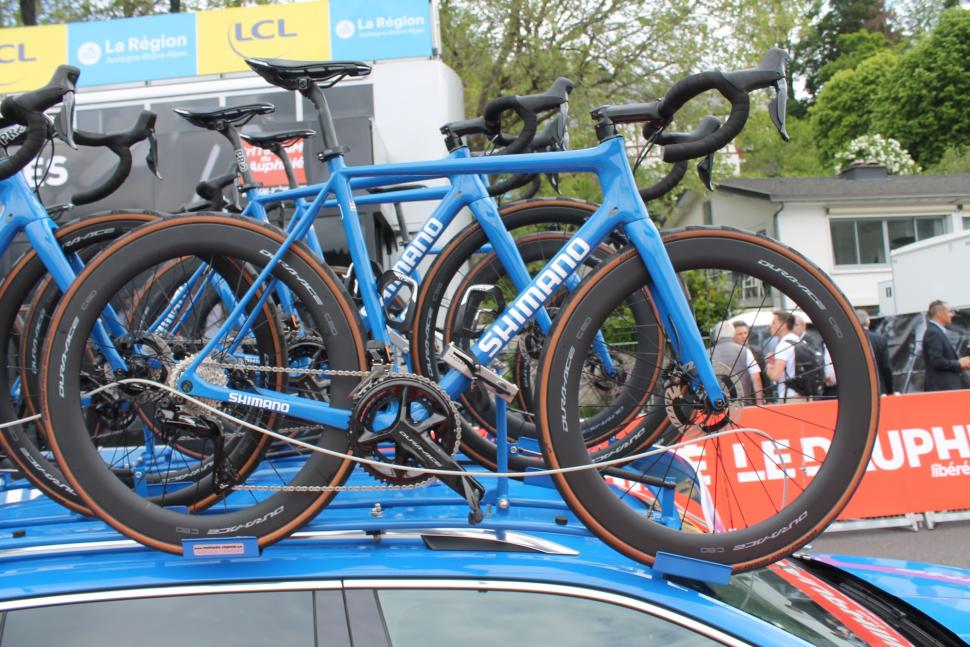

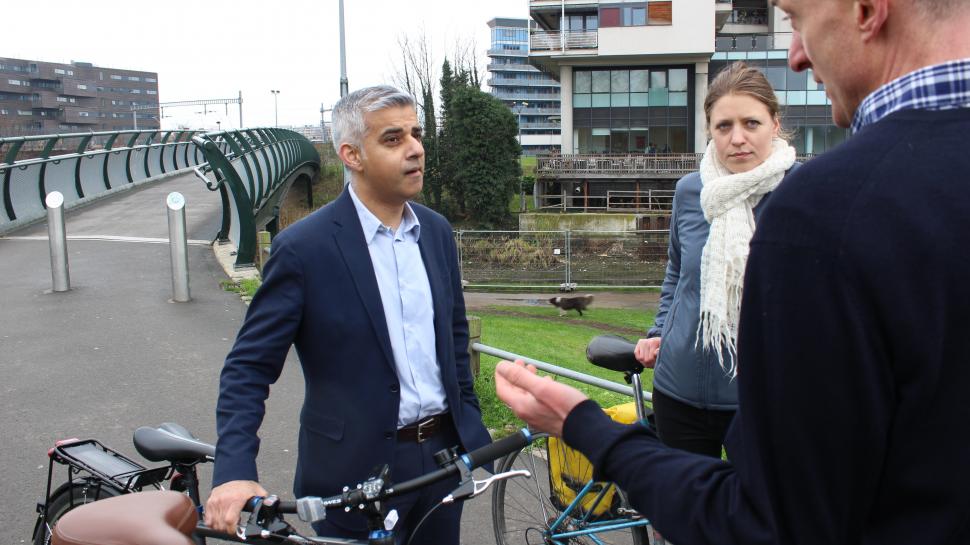
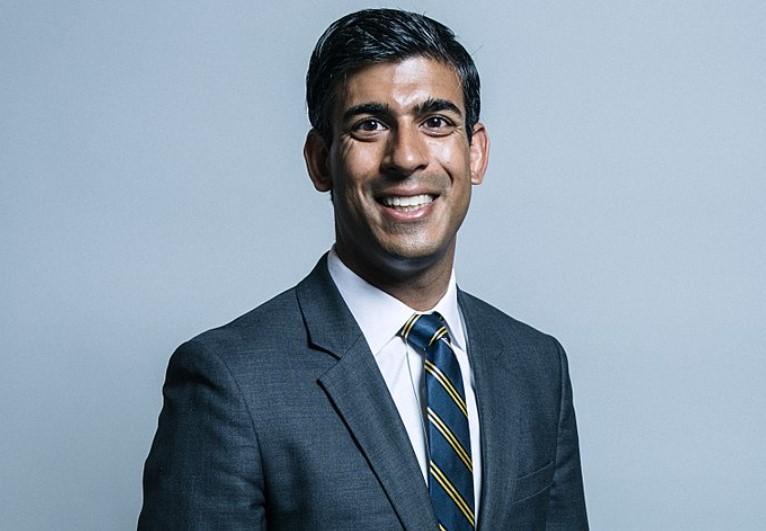
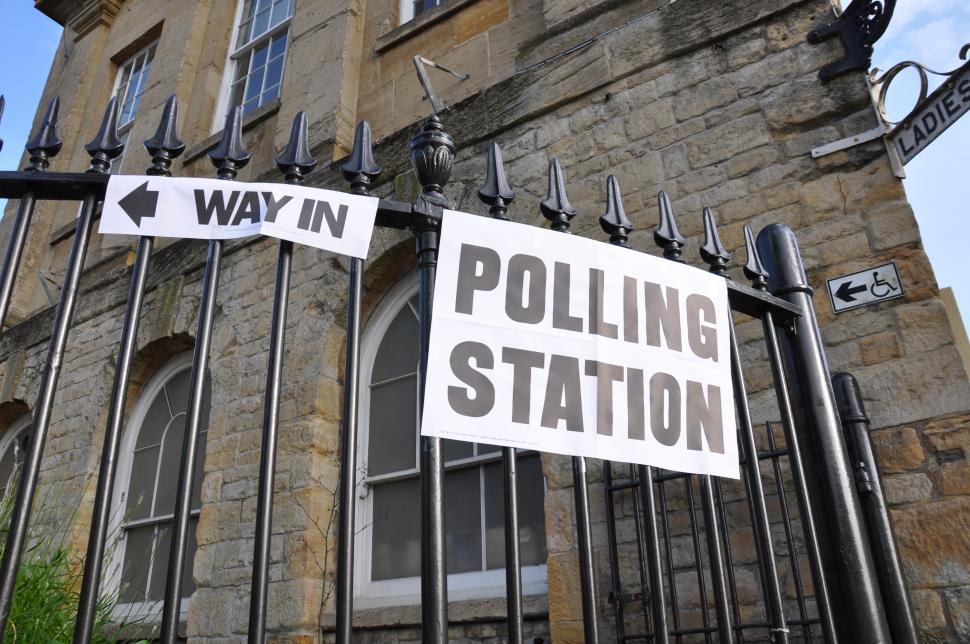

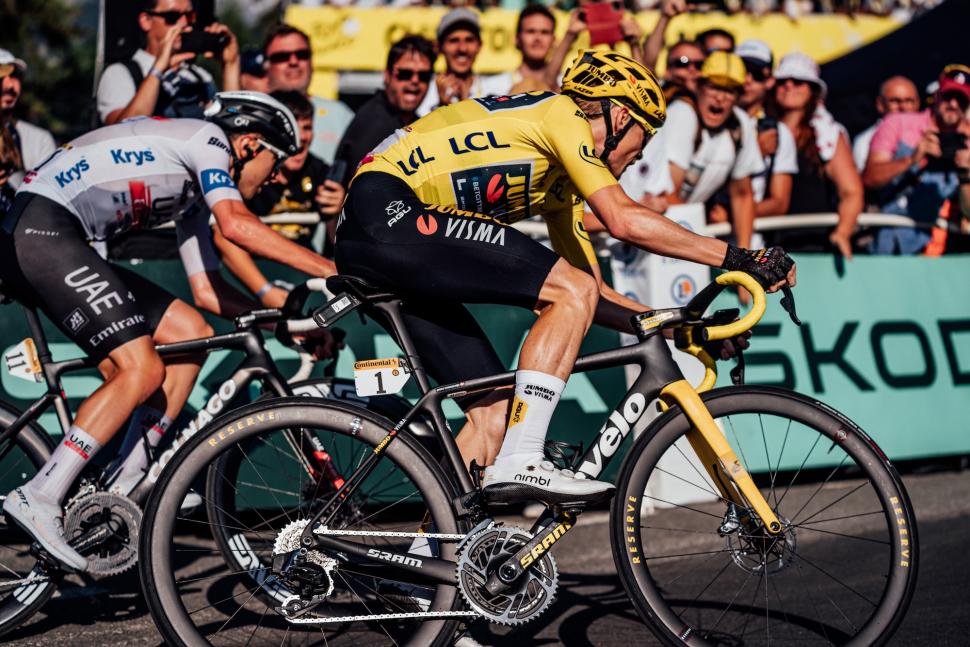

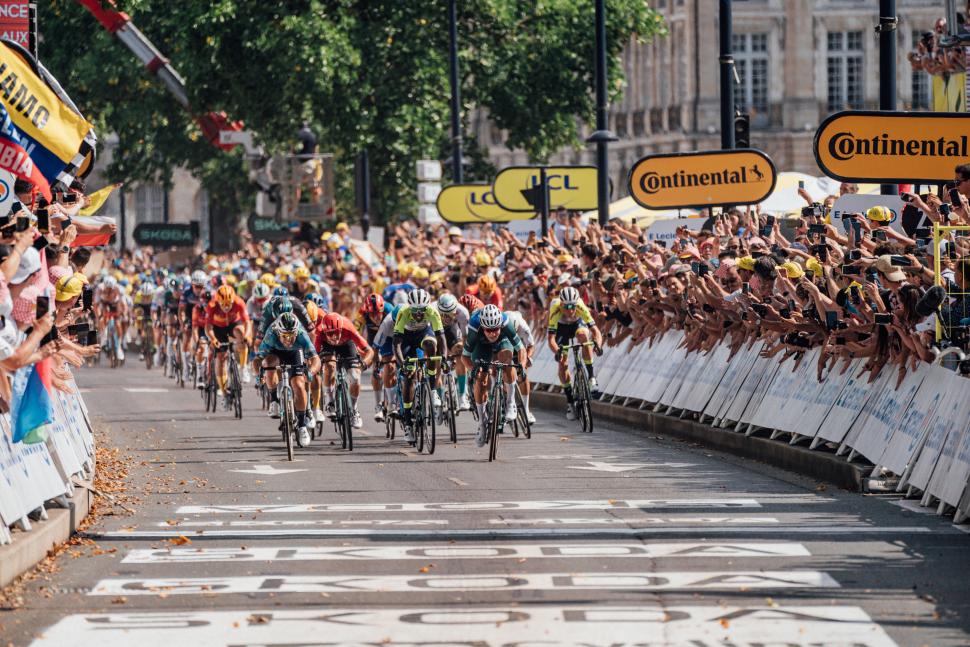
What difference is there with the real Rapha site? Kit made in China on sale? Same as.
I think it's called market segmentation. Just because they both ride a bicycle doesn't make them the same.
Whitley Bay pub suffers bad start to 2025 after car crashes into it on New Year's Day...
You don't understand, they are Public Space Protection Orders, obviously they can't be applied to the roads which are a private space belonging...
Cheers
I agree, a 44x10 will get you 56km/h at 100 rpm (assuming 700c wheels with 28mm tyres) on the flat, realistically most of us aren't going to be...
Best reply.
Very pleasingly warm for its weight.
In the vast majority of these bike cam skirmishes (and in a similar % of car dashcam videos), the outcome is blatant from early on......
district judge Andrew Sweet banned the rapper, who was not present in court, from driving for nine months and fined him £2,010...